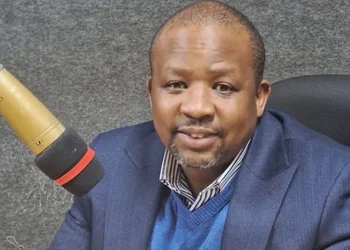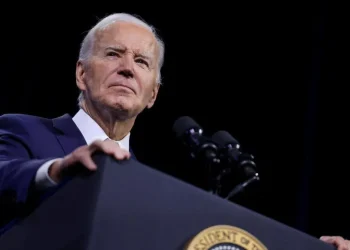The 2023 Ghana Economic Forum (GEF) is scheduled to begin on Tuesday, October 10th at the Kempinski Gold Coast Hotel in Accra. The Forum’s title for this year is; “Build Back Better: IMF Support, Strategies to Build a sustainable economy and dynamic business environment”, with the stated objectives of the meeting being to discuss innovative strategies for Ghana to accelerate economic development within the fields of Finance, Tax, Technology, Infrastructure, and Tourism.
The Ghana Economic Forum is a corporate convention that gathers annually to engage economists, scholars, and business leaders in discourse on Ghanaian economic issues in the hopes of galvanizing pragmatic solutions and policy recommendations that spur development.
“Build Back Better” has been a phrase repeatedly touted by President Akufo-Addo with regard to revolutionizing Ghanaian economic development policy post-COVID. It is likely that the use of this phrase by the GEF is a signal that the forum will continue addressing issues of inflation in Ghana within the post-pandemic context and postulate reinventive approaches to development in the region.
At a previous GEF in 2020, President Nana Akufo-Addo emphasized his administration’s prioritization of economic recovery from pandemic setbacks as well as the necessity of the United Nations’ Sustainable Development Goals’ continued integration in Ghanaian policy initiatives.
While previous forums have produced actionable strategies to combat economic crises in Ghana, there is skepticism regarding the sincere implementation of policy initiatives that benefit everyday Ghanaians.
The exclusive nature of this event, with tickets for entry costing between $200 and $600 USD, has sparked criticism in the past for its apparent ostracism of poor and working-class Ghanaians from attending. Some believe that this exclusion actively alienates those actively experiencing economic crises in Ghana, while the elite debate semantics at a 5-star hotel.
While a convention of business leaders, politicians, and scholars focused on stimulating economic development in Ghana is not to be underestimated in its impact, the question remains as to whether working-class Ghanaians will see a difference in their everyday lives.
















